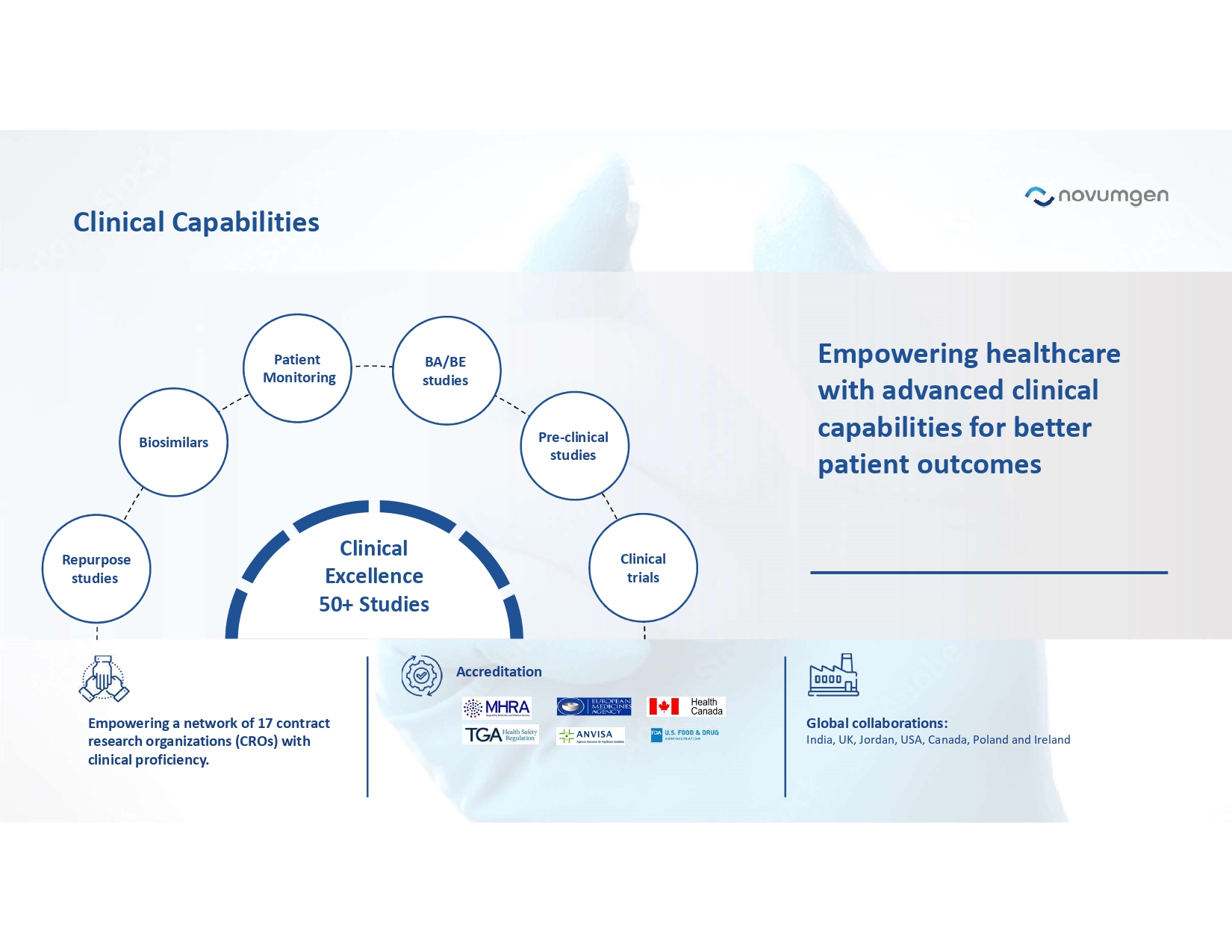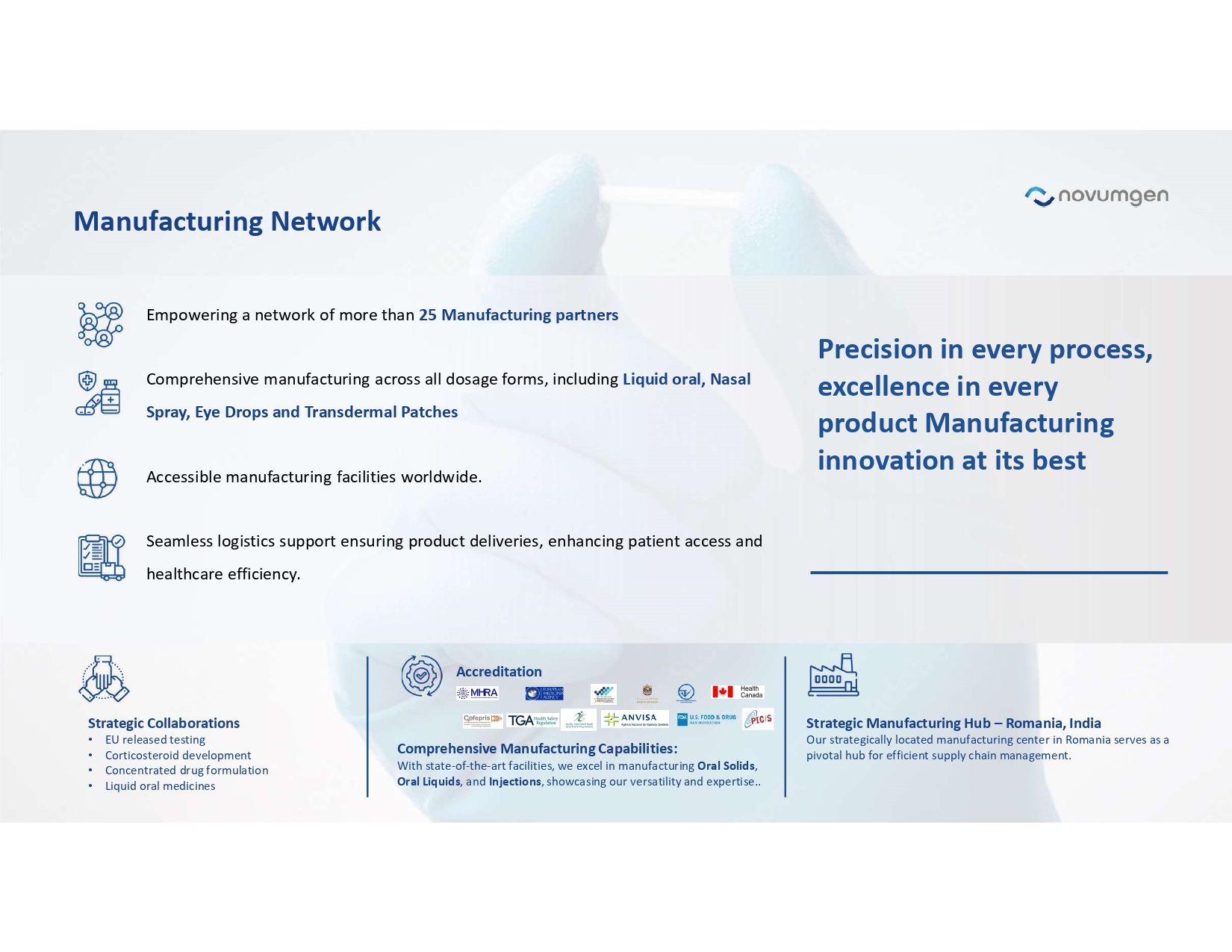In today’s rapidly evolving world, the pharmaceutical industry stands at the forefront of innovation, constantly striving to enhance drug discovery, development, and delivery processes. Among the plethora of technologies revolutionizing this sector, Artificial Intelligence (AI) emerges as a game-changer, offering unprecedented opportunities to streamline operations and catalyze groundbreaking discoveries. In this blog, we delve into the significance of AI in the pharmaceutical realm, exploring how it fuels advancements and propels the industry toward a brighter, more efficient future.
Enhancing Drug Discovery:
AI-driven algorithms have revolutionized the drug discovery process, expediting the identification of potential compounds with therapeutic value. Through machine learning and data analysis, AI sifts through vast repositories of chemical compounds, predicting their efficacy and safety profiles with remarkable accuracy. This accelerates the pace of drug discovery and minimizes the resources expended in traditional trial-and-error approaches. Pharma companies can leverage AI to prioritize promising candidates, significantly reducing the time and costs of bringing new drugs to market.
Precision Medicine:
One of the most transformative applications of AI in the pharmaceutical sector is precision medicine. By analyzing diverse datasets, including genomic information, patient demographics, and clinical records, AI algorithms can tailor treatments to individual patients with unprecedented precision. This personalized approach maximizes therapeutic efficacy and minimizes adverse effects, leading to improved patient outcomes. Through AI-powered insights, healthcare providers can design customized treatment regimens that align with the unique genetic makeup and medical history of each patient, ushering in a new era of patient-centric care.
Accelerating Clinical Trials:
Clinical trials constitute a critical phase in drug development, yet inefficiencies and delays often mar them. AI promises to streamline this process, from patient recruitment to data analysis, thereby expediting the pace of clinical research. By leveraging predictive analytics and natural language processing, AI can identify suitable candidates for trials, enhance protocol design, and extract meaningful insights from vast datasets generated during trials. This reduces the time and costs associated with clinical research and facilitates the identification of potential adverse events at an early stage, ensuring patient safety.
Drug Repurposing:
AI-driven approaches are also transforming the landscape of drug repurposing, wherein existing drugs are evaluated for new therapeutic indications. By analyzing molecular structures, biological pathways, and clinical data, AI algorithms can identify novel uses for approved drugs, accelerating the discovery of treatments for unmet medical needs. This repurposing strategy offers a cost-effective alternative to traditional drug development pathways, as it bypasses many of the initial stages of preclinical and clinical testing. Moreover, by uncovering new therapeutic applications for existing drugs, AI contributes to the optimization of healthcare resources and the delivery of innovative therapies to patients in need.
Optimizing Supply Chain Management
Efficient supply chain management is essential for ensuring pharmaceutical products’ timely availability and distribution. AI-driven algorithms optimize inventory management, demand forecasting, and distribution logistics, minimizing stockouts, reducing wastage, and improving accessibility to essential medicines. By harnessing real-time data and predictive analytics, pharmaceutical companies can streamline their supply chains, enhance operational efficiency, and respond effectively to market fluctuations and disruptions.
Conclusion:
As the pharmaceutical industry continues to evolve in the 21st century, the integration of Artificial Intelligence emerges as a transformative force, driving innovation, efficiency, and patient-centricity. From expediting drug discovery to enabling precision medicine and enhancing drug safety, AI technologies offer a myriad of opportunities to revolutionize healthcare delivery and improve patient outcomes. By harnessing the power of AI, pharmaceutical companies can navigate the complexities of drug development with agility and foresight, ultimately ushering in a new era of healthcare characterized by innovation, accessibility, and personalized medicine.









